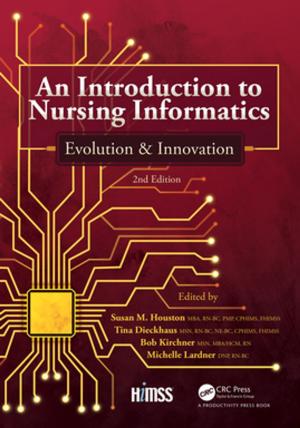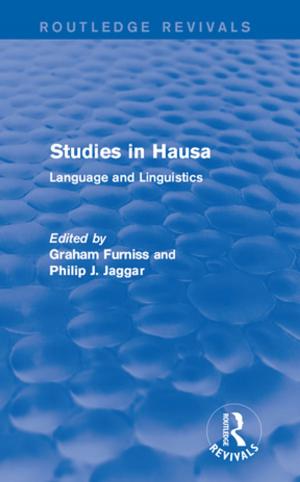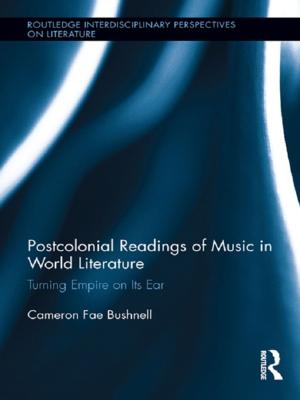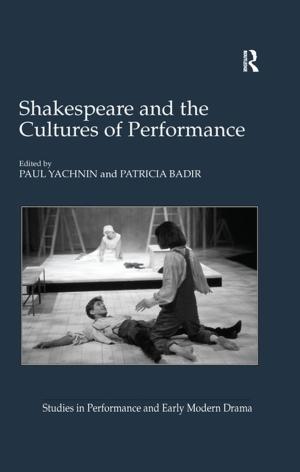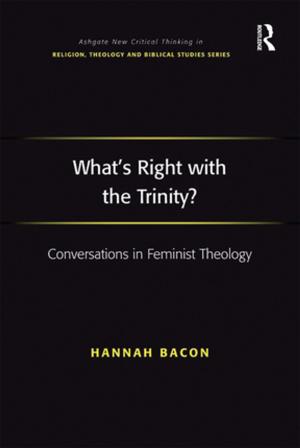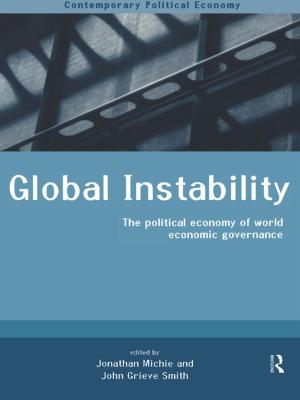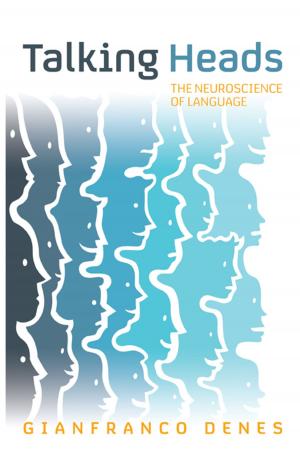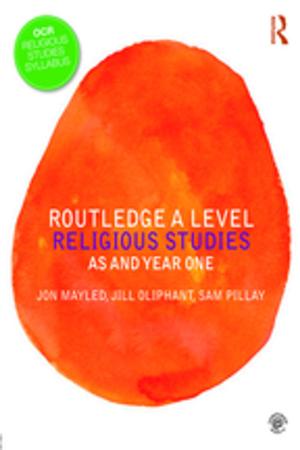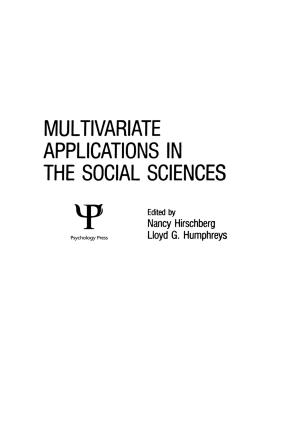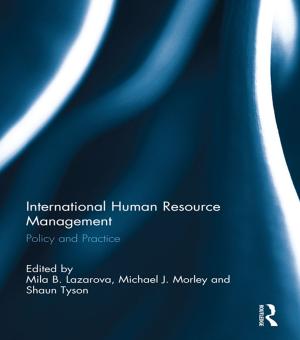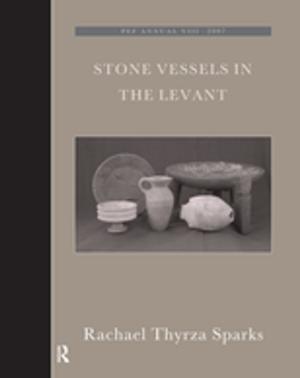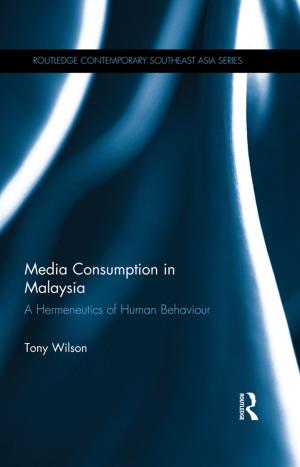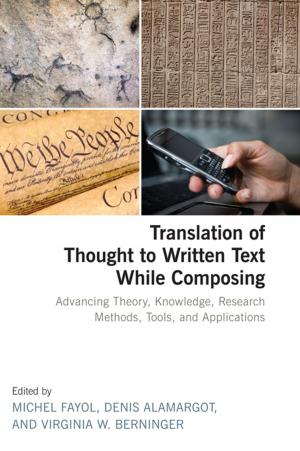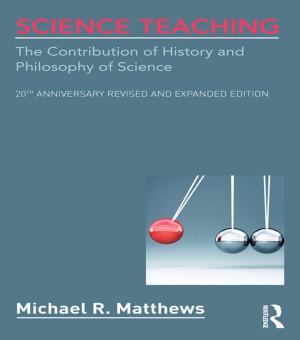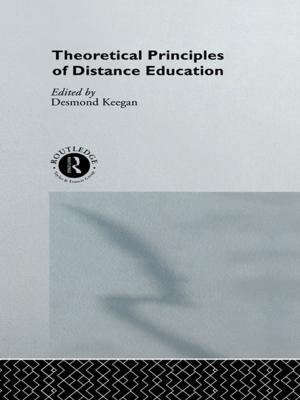Law, Liberty and Church
Authority and Justice in the Major Churches in England
Nonfiction, Religion & Spirituality| Author: | Gordon Arthur | ISBN: | 9781317107460 |
| Publisher: | Taylor and Francis | Publication: | April 22, 2016 |
| Imprint: | Routledge | Language: | English |
| Author: | Gordon Arthur |
| ISBN: | 9781317107460 |
| Publisher: | Taylor and Francis |
| Publication: | April 22, 2016 |
| Imprint: | Routledge |
| Language: | English |
Law, Liberty and Church examines the presuppositions that underlie authority in the five largest Churches in England - the Church of England, the Roman Catholic Church, the Methodist Church, the United Reformed Church and the Baptist Union. Examining what has influenced their development, and how the patterns of authority that exist today have evolved, Gordon Arthur explores the contributions of Scripture, Roman Legal Theory, and Greek Philosophy. This book shows how the influence of Roman legal theory has caused inflexibility, and at times authoritarianism in the Roman Catholic Church; it explores how the influence of reason and moderation has led the Church of England to focus on inclusiveness, often at the cost of clarity; it expounds the attempts of the Free Churches to establish liberty of conscience, leading them at times to a more democratic and individualistic approach. Finally Arthur offers an alternative view of authority, and sets out some of the challenges this view presents to the Churches.
Law, Liberty and Church examines the presuppositions that underlie authority in the five largest Churches in England - the Church of England, the Roman Catholic Church, the Methodist Church, the United Reformed Church and the Baptist Union. Examining what has influenced their development, and how the patterns of authority that exist today have evolved, Gordon Arthur explores the contributions of Scripture, Roman Legal Theory, and Greek Philosophy. This book shows how the influence of Roman legal theory has caused inflexibility, and at times authoritarianism in the Roman Catholic Church; it explores how the influence of reason and moderation has led the Church of England to focus on inclusiveness, often at the cost of clarity; it expounds the attempts of the Free Churches to establish liberty of conscience, leading them at times to a more democratic and individualistic approach. Finally Arthur offers an alternative view of authority, and sets out some of the challenges this view presents to the Churches.

